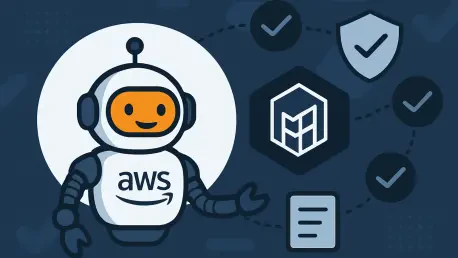
In the rapidly advancing landscape of cloud computing, maintaining system reliability stands as a critical challenge for businesses managing vast digital infrastructures, where downtime can lead to significant financial losses and reputational damage. Innovative solutions are essential to ensure
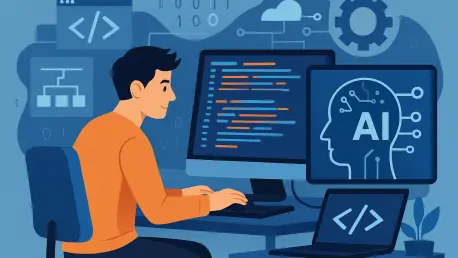
Imagine a world where nearly every software developer relies on artificial intelligence to write code, streamline workflows, and tackle complex challenges, yet a significant portion remains skeptical about trusting these tools with critical tasks, highlighting a profound dichotomy at the heart of
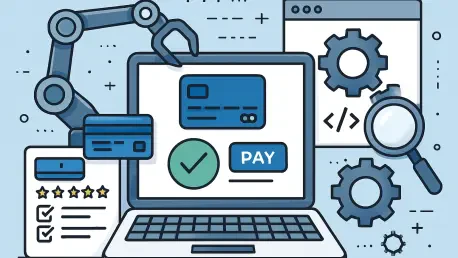
The payment industry stands at a pivotal moment, grappling with an avalanche of challenges that threaten to overwhelm traditional approaches to system testing, especially as digital transactions are projected to soar to 2,838 billion by 2028, according to Capgemini’s latest insights. Financial
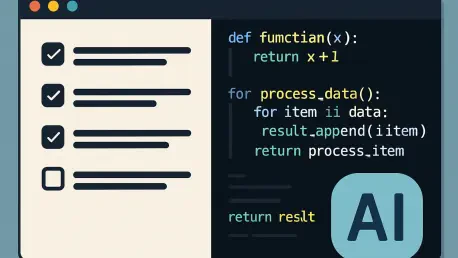
Today, we’re thrilled to sit down with Vijay Raina, a renowned expert in enterprise SaaS technology and tools. With a deep background in software design and architecture, Vijay has been at the forefront of innovative development practices, including the rise of spec-driven development and

Today, we’re thrilled to sit down with Vijay Raina, a seasoned expert in enterprise SaaS technology and a thought leader in software design and architecture. With years of experience in guiding teams through complex software projects, Vijay has a deep understanding of testing methodologies,
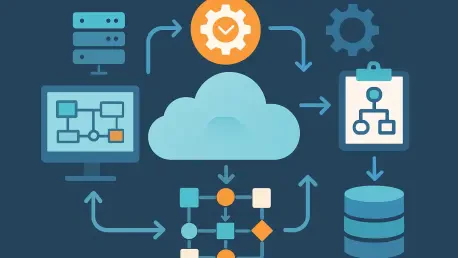
I'm thrilled to sit down with Vijay Raina, a renowned expert in enterprise SaaS technology and software architecture. With years of experience in workflow orchestration and a deep understanding of tools like Spring AI and Dapr Workflows, Vijay has been at the forefront of designing resilient and